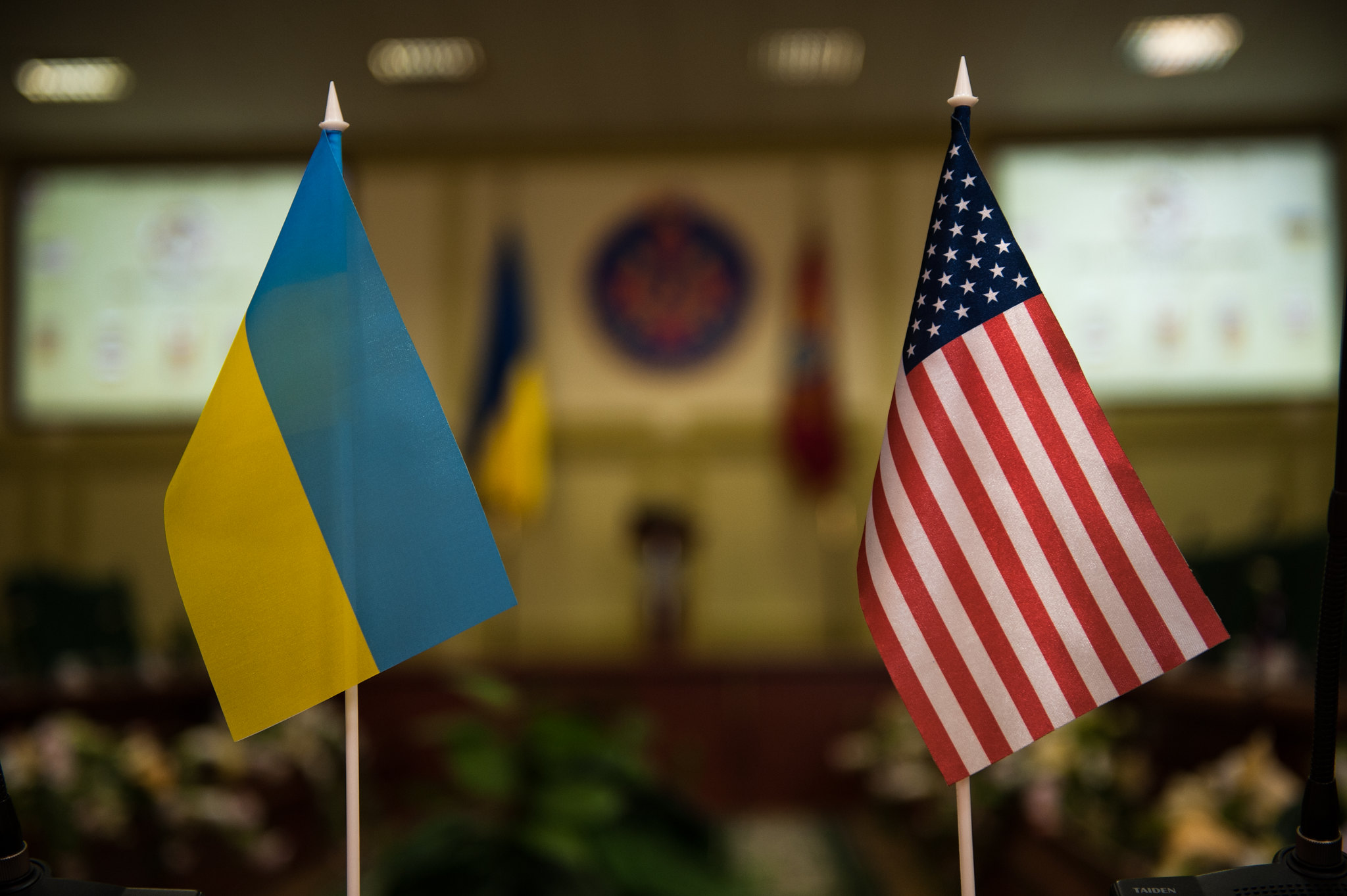Change of Command at ROLFF-A
On September 14, General John R. Allen, who succeeded David Petraeus as the commander of U.S. Forces Afghanistan, presided over the change of the command of Rule of Law Field Force – Afghanistan from Brigadier General Mark Martins (whom Lawfare readers know) to Rear Admiral Jim Crawford, who has been Staff Judge Advocate for the Commander of U.S.
On September 14, General John R. Allen, who succeeded David Petraeus as the commander of U.S. Forces Afghanistan, presided over the change of the command of Rule of Law Field Force – Afghanistan from Brigadier General Mark Martins (whom Lawfare readers know) to Rear Admiral Jim Crawford, who has been Staff Judge Advocate for the Commander of U.S. Pacific Command, Special Counsel to the Chief of Naval Operations, and, most recently, Legal Counsel to the Chairman of the Joint Chiefs of Staff.
In Martins’s remarks at the change of command, he summarized some of ROLFF’s accomplishments:
And let me say just a few things about our own assigned unit objectives and mandate within the larger ISAF mission and the comprehensive civil-military campaign that is underway. This organization was formed in recognition that assisting Afghans in building the rule of law requires more than high sounding ideals. While all units must work toward the rule of law—and the ISAF Joint Command strongly directs this in its orders—there is need for a component of field support, liaison, and security to be dedicated to the justice sector during this period of transition. Make no mistake: justice sector capacity-building must be Afghan-government-owned and civilian-led and predominantly civilian-manned in order to succeed. But during armed conflict, the security, logistics, administrative, procurement, communications, and other field projection capabilities of the military—Afghan as well as coalition—must be leveraged. This is particularly so where the government is competing for the peoples’ minds and hearts with armed groups that use corruption as their battle cry and justice as their calling card. Within this narrow but critically important mandate, USFOR-A’s Rule of Law Field Force and, upon establishment, the NATO Rule of Law Field Support Mission, have made strong contributions to the following Afghan and civilian-led achievements:Martins is now the Chief Prosecutor, U.S. Military CommissionsAlthough these and other achievements are just the beginning, and so much still must be done, it is sustainable Afghan rule of law capacity such as this that Afghans so rightly see as essential to transition of security responsibility. My Afghan friends know that my favorite Pashtun proverb is “Yow mumlakat bey la qanoon tzacka de dzangal haysiat laree”—“a country without law is a jungle.”
- the establishment of a national security Justice Center in Parwan province, which now has 2 Afghan judicial trial panels working, and which has heard 253 trials since May of last year;
- the building of Afghan forensic evidence capacity, such that provided by Afghan law enforcement examiners supporting the Justice Center in Parwan; 166 of those trials, or 65%, relied upon explosive residue testing, fingerprint examination, or other forensic analysis in their judgments.
- the deployment of Rule of Law Field Support Teams to additional manpower recently acquired to approach up to 52 key districts.
- the deployment by the Afghan government of dozens of justice sector officials to districts lacking them.
- the conduct of five Afghan public trials at the district level in the Nangarhar districts of Kuz Kunar, Surkh Rod, and Rodat over the past six weeks, a trend of transparency and public accountability of defendants as well as judges, prosecutors, defense counsel, and Afghan security forces that is encouraging. This trend confirms the importance of police professionalization—championed by the Ministry of Interior, the NATO Training Mission, and EUPOL—and also highlights the criticality of judicial and prosecutorial security for exposed and vulnerable justice sector officials.
- support to Afghan legal education, civil society organizations, and district leaders who can increase the access of Afghan villagers to the community-based dispute resolution processes that will handle the bulk of civil disputes for the foreseeable future.
Jack Goldsmith is the Learned Hand Professor at Harvard Law School, co-founder of Lawfare, and a Non-Resident Senior Fellow at the American Enterprise Institute. Before coming to Harvard, Professor Goldsmith served as Assistant Attorney General, Office of Legal Counsel from 2003-2004, and Special Counsel to the Department of Defense from 2002-2003.



.jpg?sfvrsn=407c2736_6)

